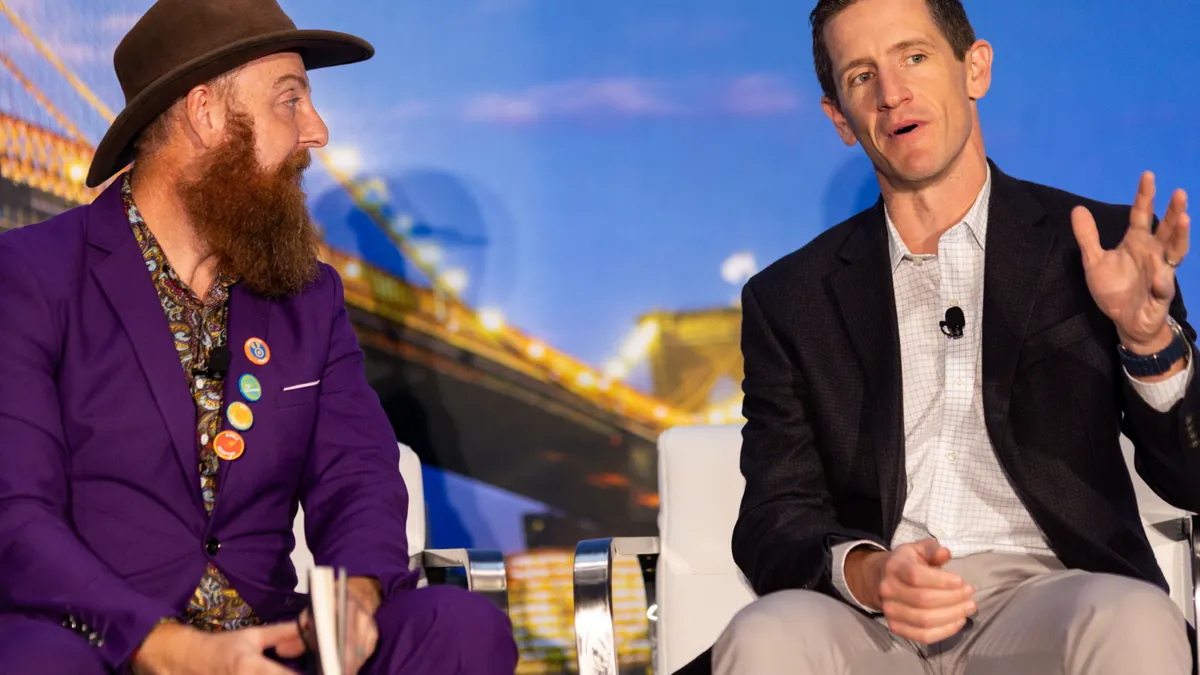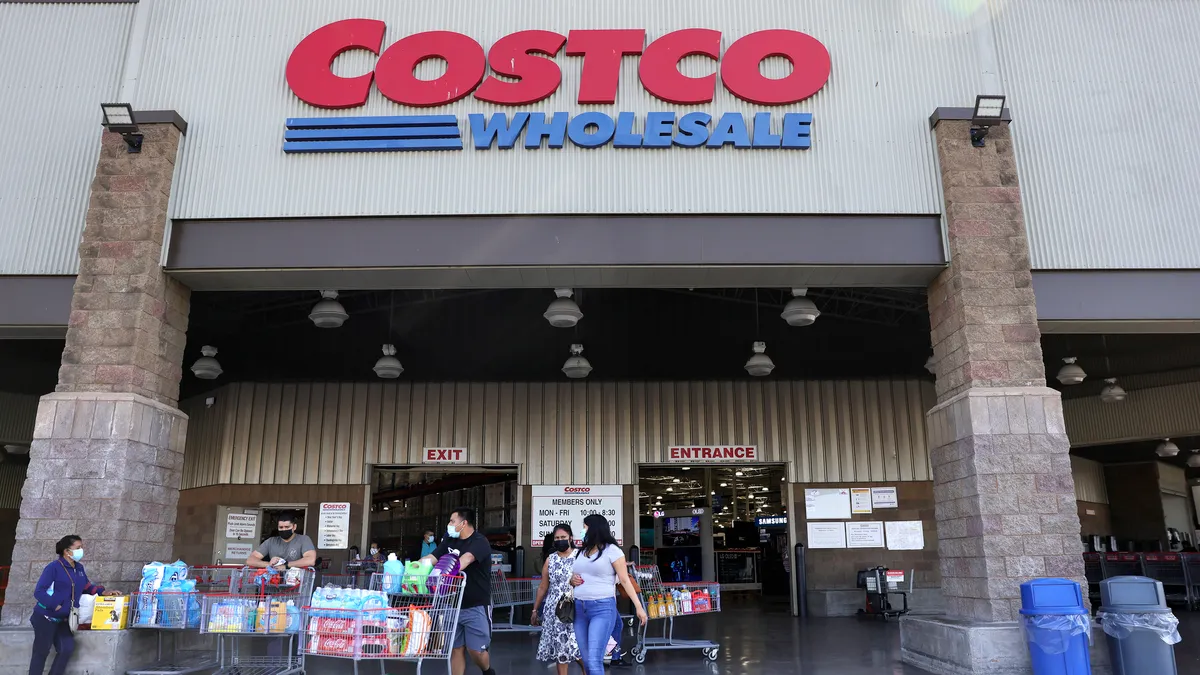Trust is hard won but can be easily lost without the right care. And with growing concerns around privacy and the rise of breaches, brands need to take notice of the heightened consumer and regulatory demands and put trust at the forefront of CX efforts.
As CX leaders look to lean in to trust as a key driver of brand performance they need to double-down on meeting customer expectations, with positive customer experiences vital to building brand trust, according to Kantar research.
By closing the gap between promise and experience, brands can improve their customer preference scores, according to Kantar. The marketing data and analytics firm found that as trust scores increase, so does the average brand value.
The memo to CX leaders is clear: The more your customers trust you, the more your brand is worth. This is especially important during times of economic challenges when consumers have less disposable income and are more considerate about their spending — a reality many brands are facing at the moment.
For David Burzynski, chief customer officer and chief marketing officer with HealthLock, a digital platform that protects people’s medical claim data from overbilling and identity fraud, “trust is everything when it comes to customer experience.”
The first thing HealthLock has to do when making contact with a customer is ask for the member’s medical insurance identity credentials, so establishing and protecting trust in the business is at the forefront of their minds. It's no surprise, then, that Burzynski is always looking to build trust.
“It's my job to make it so we can quickly build a potential member’s trust in our buy/order process; otherwise, we are going to lose customers and not get a chance to serve them,” Burzynski told CX Dive.
It’s not just integral to businesses dealing with sensitive personal information, either. Burzynski sees trust as paramount for all businesses.
“Whether you are a brick-and-mortar storefront or an online retailer, you had better already have the trust, or quickly earn the trust, of the potential customer for them to give you their personally identifiable information or their credit card," he said. "Much less, you had better have their trust to choose you to provide a service or product they need."
Burzynski cautions against companies tossing around facts, figures, fear and doubt or bragging about their success stories to win potential customers’ trust. “Those potential customers might respond to that with: ‘I don’t know you, Company XYZ. Who are you to tell me all of this?’"
Instead, he thinks companies should focus on building strong relationships with customers who can speak authentically about the company's results, building brand advocates. This approach has helped HealthLock establish credible customers who can speak on its behalf, talk about the state of the problem it solves and how they solved it for them.
“Building up testimonials for a new company can be difficult but not impossible. Over time, your testimonials and the reputation you are building will become that strong trust you need,” he said.
Leaning into CX to bolster trust
For newer, challenger brands, trust is an essential building block. For these brands, the work is taking the key components of trust and finding ways to express them authentically through their brand proposition.
In its 2023 brand trust report, Morning Consult found that Band-Aid is the most trusted brand in the United States. Others in the top 10 included Amazon, Kleenex and Visa. Several of these brands made previous appearances on this list — it is easier for legacy brands that have built high trust among consumers to retain trust.
Trust is not merely a goal but the foundation of customer experience, especially in an era where data privacy is ever-evolving, Saira Taneja, chief experience officer at Cover Whale, a commercial trucking insurance provider, told CX Dive.
At Cover Whale, Taneja works to build trust by starting with strategic thoroughness and aiming to resolve the customer’s problems.
“Embracing a human-centered approach and genuinely understanding customer perspectives builds a foundation of trust that endures challenges,” Taneja said.
The research backs this up; brand trust is the level of confidence consumers have in the brand’s ability to deliver on expectations, according to Morning Consult. It has identified several key components for building and measuring brand trust: quality of services, customer experience, reliability of products, data security and privacy, and public perception.
Taneja says that with advancements in technology, companies, particularly those in the insurance market, have better tools at their disposal to enhance both customer engagement and loyalty. “Digital tools are revolutionizing expectations by streamlining processes, personalizing experiences, and making services more accessible and transparent,” she said.
For Cover Whale, a deep understanding of both the product and customer are vital for meeting their needs. “Following this, empathy is key; it's often said empathy begets loyalty,” said Taneja. “Gaining trust is challenging, and maintaining it even more so. It must be nurtured continually to ensure a positive CX.”


















